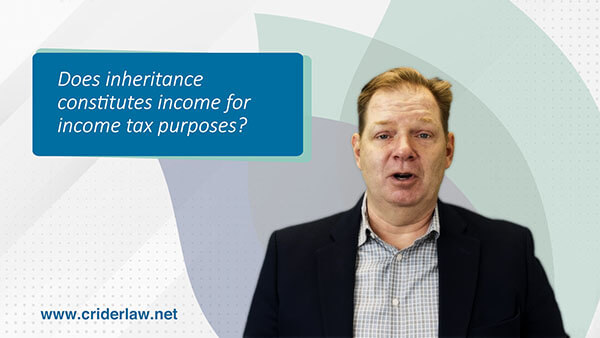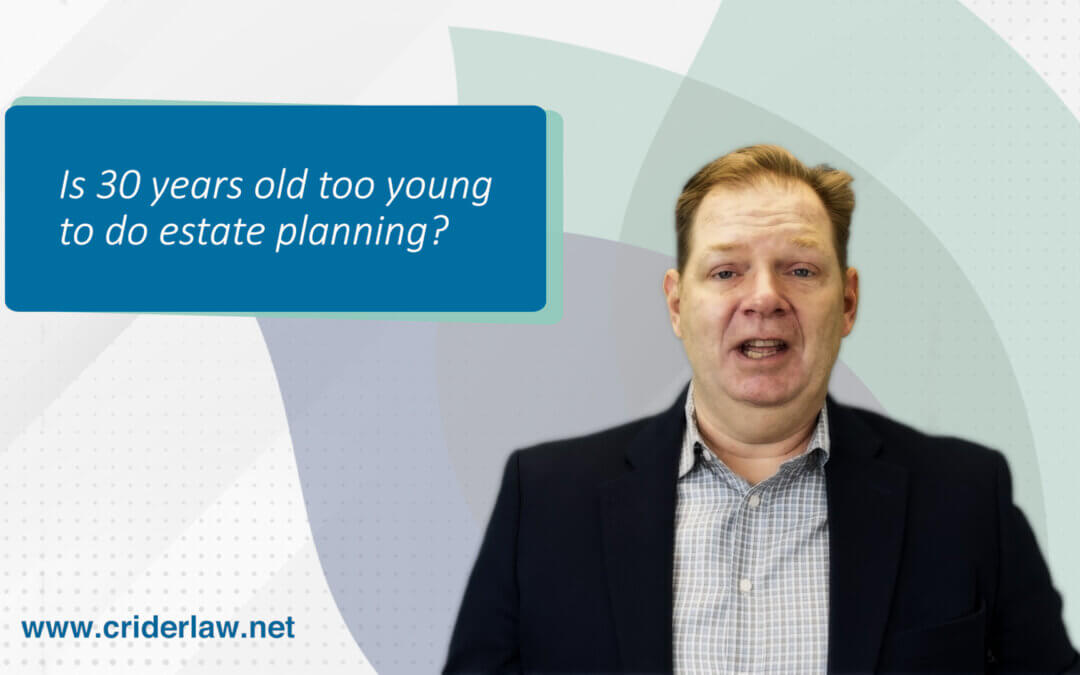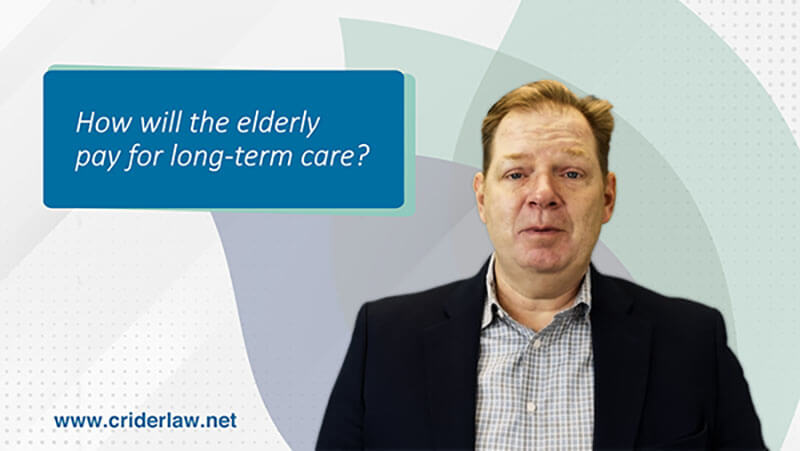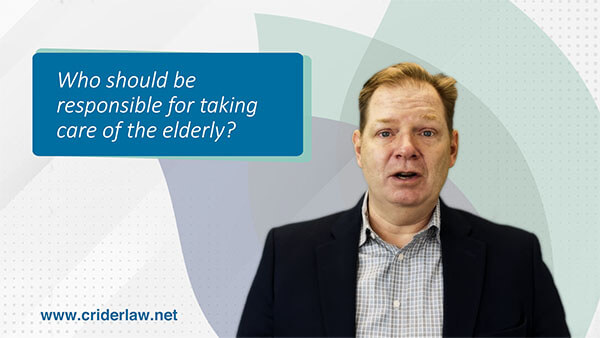One of the questions I get is who should I choose to be my agent under a healthcare power of attorney?
Now, a healthcare power of attorney is a document where you can appoint someone to make health care decisions for you if you are no longer able to manage your day-to-day health care.
Typically, people will choose someone that they know and trust intimately to make those kinds of healthcare decisions. If a couple is married, the spouses will choose the other spouse. If a person has children, that person will typically choose the adult children to make those healthcare decisions.
But even if you don’t have a spouse or children, you probably have friends. And, if you have a close personal friend who you trust to make those kind of healthcare decisions for you, you can appoint that person to make those decisions.
If you don’t have anyone that you’re comfortable with appointing, you could always appoint a professional private fiduciary who is a licensed professional within the state of California, and that person will be able to make healthcare decisions for you if you appoint them. And that person will also be able to make financial decisions for you if you appoint them to make the financial decisions as well.








